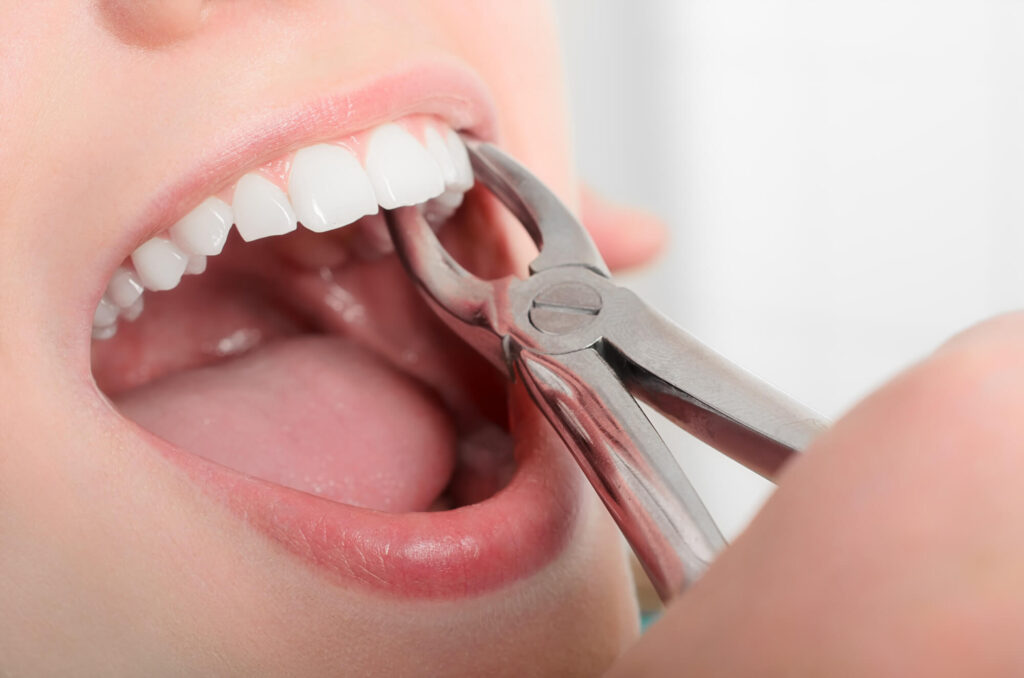A dry socket is a condition where you develop a blood clot in the area where a tooth extraction has taken place. This is a painful condition that can hinder your healing process after the tooth extraction. You must take proper care after your dental procedure to ensure your blood clot does not become dislodged or damaged to eliminate the risks of a dry socket.
If you recently had a tooth extraction procedure, you must beware of a dry socket. While a dry socket is not serious and can be treated easily, it is much better to take preventative measures to avoid the problem altogether. Visit a dentist in Fort Walton Beach if you are experiencing complications.
Measures to avoid a dry socket after a tooth extraction
- Do not use tobacco.
When you smoke a cigarette, it creates a suction which can lead to the loosening up of the blood clot. Additionally, smoking, chewing tobacco, or consuming the product in any other way can slow down the process of healing.
If you are an addict or regularly consume tobacco, do not lie to your dentist when they ask you about it. They may be able to offer you alternatives, such as nicotine patches, to keep using tobacco while healing.
- Eat soft food.
It is always medically suggested to eat soft food after you go through a dental procedure, especially surgery. This is because your teeth and gums may still be tender, and you do not want to interfere with the healing process. Consider eating the following food items after the surgery:
- Apple sauce
- Mashed potatoes
- Mushed up fruits
- Yogurt
- Eggs
- Jell-O
- Well-cooked vegetables
- Soups
You may begin eating heartier food items on the second day. However, return to eating the soft ones if you experience pain.
- Avoid spitting vigorously after rising for 24-48 hours after the procedure.
Smoking or sucking on a straw can create pressure and suction in your mouth, so you can spit vigorously. After you rinse your mouth, make sure you spit as gently as possible to avoid your blood clot from dislodging. Instead of spitting, you may let the water drip out of your mouth.
- Tell your dentist about your medications.
You must let your dentist know if you are currently taking medications, especially blood thinners. Certain birth control pills can increase the risks of a blood clot, so your dentist in Fort Walton Beach may recommend the treatment when you get the lowest estrogen dose.

